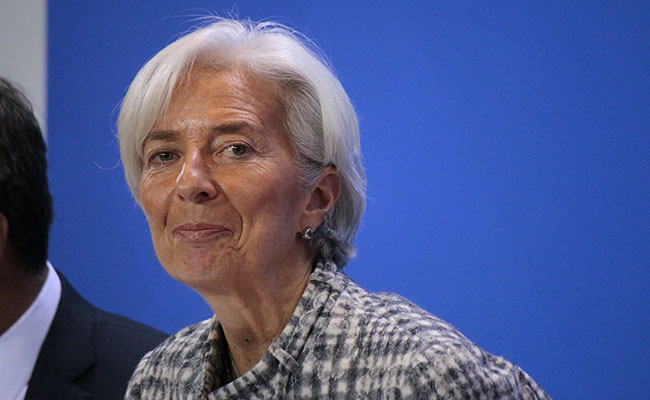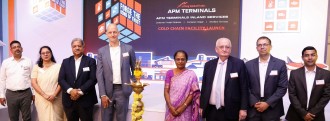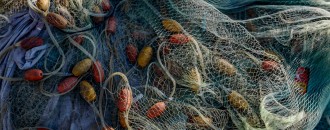
IMF implements quota reforms; India gets more voting rights
Source: PTI
Marking a “historic” change at IMF, India, China and other emerging economies will now have more voting rights at the multilateral funding agency with the implementation of long pending quota reforms. For the first time, the four emerging economies – India China, Brazil and Russia – would be among the 10 largest members of the International Monetary Fund. Besides, more than 6% of quota shares would shift to dynamic emerging markets and developing countries. It would also mark the shift in shares from over-represented to under-represented IMF members. The much-awaited quota reforms, pending for many years, were approved by the US Congress in 2015. The 2010 Quota and Governance reforms were approved by the IMF's Board of Governors in December 2010. In a statement, IMF said the conditions for implementing its 14th General Quota Review, “which delivers historic and far-reaching changes to the governance and permanent capital of the Fund, have now been satisfied”. The statement issued on Wednesday said: “For the first time four emerging market countries (Brazil, China, India, and Russia) will be among the 10 largest members of the IMF. “The reforms also increase the financial strength of the IMF, by doubling its permanent capital resources to SDR 477 billion (about $659 billion).” Currently, India has voting rights of 2.34% at the IMF, which has 188 members. In terms of quota, India has a share of 2.44%. Others in the top 10 largest members are the US, Japan, France, Germany, Italy and the UK. Noting that the reforms would reinforce its credibility, effectiveness and legitimacy, IMF said that for the first time its Board would consist entirely of elected executive directors. This would do away with the category of appointed executive directors – currently members with the five largest quotas appoint an Executive Director. IMF Managing Director Christine Lagarde said these reforms would ensure that the fund is able to better meet and represent the needs of its members in a rapidly changing global environment.
January 28, 2016 | 04:15pm IST






 to success.
to success.